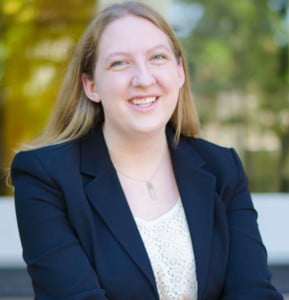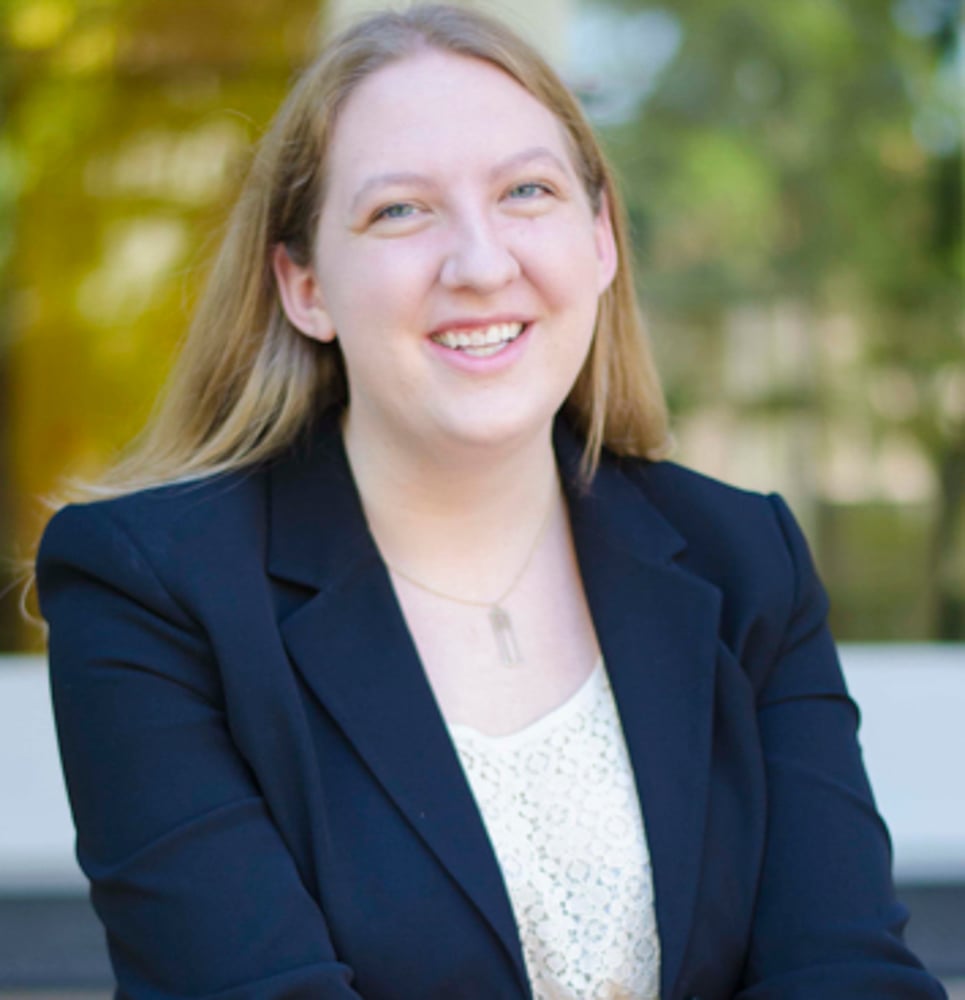Meredith Wheeler ’14 began her post-high school career far away from the sunny skies and cool breeze of Palo Alto. Instead of jumping straight into the excitement of freshman year, she took a gap year to study Arabic in Egypt.

While students often use a gap year to explore something new, Wheeler chose to further probe an interest she had had since her youth. Even as a young girl, Wheeler remembered looking up to her grandfather, who worked in Saudi Arabia, Egypt and Yemen. It was this interest in the Middle East that was the driving force behind Wheeler’s academic journey, which will lead her to Oxford University next year after the Stanford senior was named a 2014 U.S. Rhodes Scholarship winner.
“I’m really interested in the Middle East, and Oxford has a long history of scholarship in the region — they have a lot of archival resources and a lot of wonderful faculty,” Wheeler said. “It was a bit of a no-brainer to apply for the opportunity just because I’m so interested in being close to the Middle East and study with the top people in the field.”
Wheeler first ventured to the Middle East during the summer before her senior year of high school, when she studied Arabic in Jordan. When she arrived at Stanford after her gap year, Wheeler immersed herself in activities that dovetailed with her interests.
During her first quarter at Stanford, Wheeler joined Stanford in Government (SIG), which she became the chair of the organization this year. Wheeler also co-directed the American Middle Eastern Network for Dialogue at Stanford (AMENDS), which brings together young civil society leaders from the Middle East, North Africa and the United States for an annual conference.
“Being involved in Stanford in Government and AMENDS have both been really meaningful experiences for me and given me a perspective on what I want to do in the future, while also building the kinds of relationships that really prepared me well for applying for the Rhodes scholarship,” Wheeler said.
However, Wheeler said that organizations on campus were not enough to satisfy her fascination with the Middle East. To further indulge her curiosity, she returned to the Middle East over the summers. After her freshman year, Wheeler travelled to Morocco on a Critical Language Scholarship, a program sponsored by the U.S. State Department that allowed her the opportunity to sharpen her Arabic-speaking skills. The following summer, Wheeler returned to Morocco to study Islamist political parties with a research grant from Stanford.
Yet Wheeler’s interests are not limited to the scope of Middle Eastern politics. Alongside her political pursuits, Wheeler has also participated in the Alpine Ski Team, served on The Daily’s editorial board and edited for the Stanford history journal, Herodotus. In addition, Wheeler volunteered at a local prison by facilitating creative writing workshops for incarcerated youth.
“The things I did were never intended to achieve the Rhodes Scholarship, or any award,” Wheeler said.
She said that opportunities of all kinds “fell into [her] inbox,” and she took advantage of those that interested her, particularly those that connected “the questions of justice, access and privilege.”
Wheeler also shined in the classroom, achieving Phi Beta Kappa recognition by her junior year while majoring in history and political science. History professor James Campbell, Wheeler’s major advisor, said that Wheeler is an extremely talented student.
“I’m a little embarrassed being characterized as one of Meredith’s ‘mentors’ because I’m not sure that she’s actually learned anything from me — certainly not as much as I’ve learned from her,” Campbell said.
At Oxford, Wheeler intends to pursue a master’s degree in Modern Middle Eastern Studies and potentially a doctorate in political science. In the long-run, Wheeler envisions a future that combines policymaking and academia to “serve the interests of people whose voices are not often heard by a wider audience.”
Contact Alli Martin at amartin9 ‘at’ stanford.edu.
Jana Persky contributed to this report.
